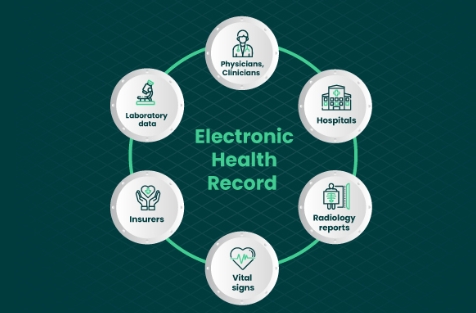Electronic health information systems are revolutionizing the way healthcare providers access, store, and share patient information. From hospitals to clinics to private practices, these systems offer a wide range of benefits that can improve patient care, streamline medical workflows, and enhance overall efficiency.
Streamlined Communication
One of the key benefits of electronic health information systems is the ability to streamline communication between healthcare providers. With electronic systems, medical professionals can easily share patient information, test results, and treatment plans in real-time, leading to quicker decision-making and improved coordination of care.
Improved Patient Care
By having access to a patient’s complete medical history and up-to-date information, healthcare providers can make more informed decisions about diagnosis and treatment. Electronic health information systems allow for better tracking of chronic conditions, medication management, and preventive care measures, ultimately leading to improved patient outcomes.
Enhanced Efficiency
With electronic health information systems, gone are the days of searching through paper charts and files. The ease of access to patient information allows healthcare providers to spend more time focusing on patient care rather than administrative tasks. This increase in efficiency can lead to fewer errors, reduced wait times, and overall improved patient satisfaction.
Cost Savings
Implementing electronic health information systems can result in cost savings for healthcare organizations. By reducing the need for paper, printing, and storage, providers can cut down on expenses associated with traditional record-keeping methods. Additionally, electronic systems can lead to fewer duplicate tests and procedures, ultimately saving both time and money.
Data Security
Protecting patient information is crucial in the healthcare industry, and electronic health information systems offer robust security measures to ensure data confidentiality. With built-in encryption, access controls, and audit trails, these systems help safeguard patient records from unauthorized access, data breaches, and potential security threats.
In conclusion, electronic health information systems have the potential to transform healthcare delivery by improving communication, enhancing patient care, increasing efficiency, reducing costs, and ensuring data security. As technology continues to play a larger role in the healthcare industry, embracing electronic systems can help providers deliver better care and achieve positive outcomes for their patients.

